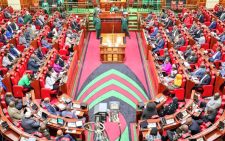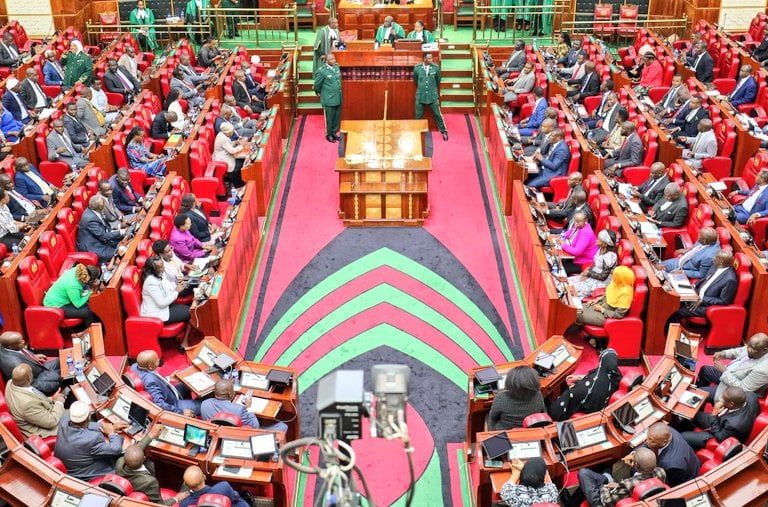Drone attack on Saudi’s major oil facilities raise fears of inflation hike

Kenyans should brace for a spike in inflation if strikes on Saudi Arabian oil-production facilities affect global supplies.
Drone attack on Saudi’s two major oil facilities last week knocked out significant global oil production, which saw a surge in international prices of crude oil.
The knock-on effect on oil importing countries could be felt in Kenya when Energy and Petroleum Regulatory Authority (EPRA) presents its monthly fuel prices from October.
However, EPRA director general Parvel Oimeke has downplayed the likely negative effects of the attacks, saying the country has security of supply which applies to petrol, diesel and kerosene.
Speaking to Business Hub, he said while the situation in Saudi Arabia brought jitters to the local market, EPRA has been watching the market and thinks the impact will not be very big in the short term.
“We saw a seven per cent spike last week, but the worry is whether global supplies will be affected. Though the outages caused by the strikes represent about five per cent of global oil supply, we really don’t think it will affect us much,” he said.
Oil fell below $64 a barrel yesterday, reversing an earlier gain, pressured by the prospect of a faster-than-expected full restart of Saudi Arabian oil output and by fresh signs of European economic weakness.
The attack is estimated to have interrupted 5.7 million barrels a day production, the single biggest sudden disruption in history after the 1978-1979 Iranian revolution, which affected a 5.6 million barrels a day production.
Coming at a time inflation closed to five per cent in August, with food prices contained in the last two months, the slight surge in oil prices after the attacks raised concern among consumers.
The Saudi government has, however, indicated that production is expected to be normalised by the end of this month, allaying fears of a shortage, thus subduing global oil prices.
Ghengis Capital weekly research on the economy reports that the slowdown in global growth this year is expected to suppress world’s demand for oil and that near-term inflation could be contained within target levels.
“Overall, we expect inflation to oscillate within the government target range, with food and fuel pressures constrained,” the report reads.









